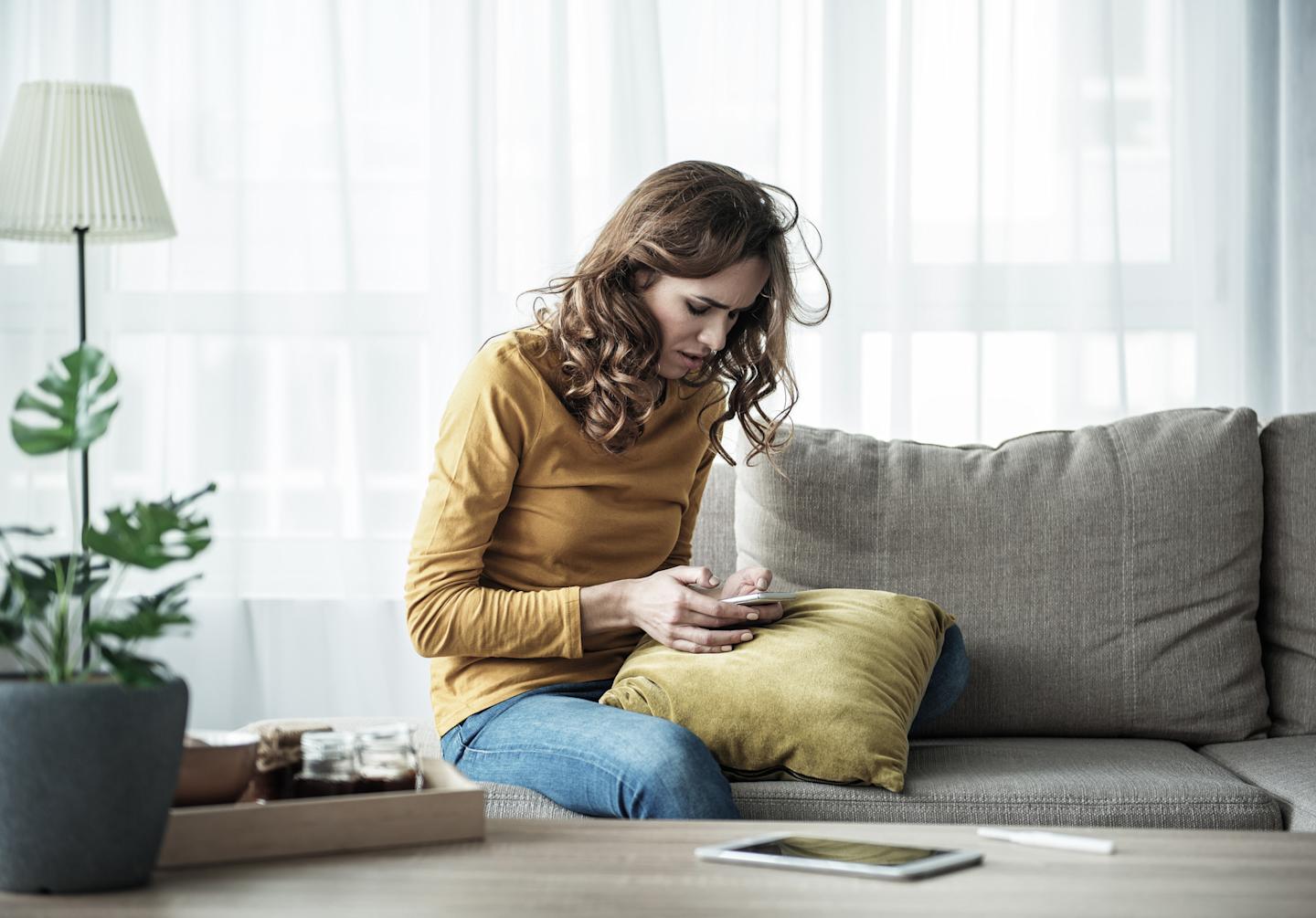
Privacy and security
12 Frauds of the Holidays
Canadian Anti-Fraud Centre warns of holiday fraud schemes.
Read article
Amanda Lee
Senior Program Manager, Tech for Good™ & TELUS Wise®

Like many others, I recently indulged in Netflix’s latest psychological thriller, “YOU”. The show is about a charming (but sinister) bookstore manager, Joe, who quickly becomes obsessed with an aspiring writer, Beck, who visits his store.
After their first encounter, Joe searches for Beck online and much to his satisfaction, he easily and quickly finds her multiple social media profiles, photos, hobbies, likes and dislikes. “Your name was a glorious place to start… And there you were. Every account set to public, you want to be seen, heard, known, of course I obliged…” Just like that, Joe’s obsession begins. From this point on, the show gets dark, really fast, and depicts some of the dangers lurking in our digital world, and how our endless connectivity can be used to stalk and manipulate.
Online stalking and manipulation
Fortunately, the prevalence of self-reported stalking in Canada is on the decline. Statistics Canada reports a decrease from 9% in 2004 to 6% in 2014, but suggests also that the use of technology is shifting the ways in which victims experience stalking. In our digital world, personal details shared online, like someone’s date of birth, favourite coffee shop, or even vacation dates can unintentionally and unknowingly make someone vulnerable to predatory risk.
What you can do about it
The disturbing and cautionary tale of Beck may leave you wanting shut down your social media accounts, bury your phone and never date again, but there are steps you can take to help protect your privacy (and yourself) online, lessening your vulnerability to online stalking and manipulation.
Take these steps to help protect your privacy (and yourself):
These tips are simply a few simple suggestions to help you protect yourself and your privacy online. If you find yourself the victim of online stalking and manipulation, or online criminal harassment of any kind, you should contact your local police.
For more tips to stay safe online, check out the TELUS Wise Tip Sheet or book a workshop by emailing [email protected].

Canadian Anti-Fraud Centre warns of holiday fraud schemes.
Read article
Tips to spot catfishing and protect yourself from fake online personas.
Read article